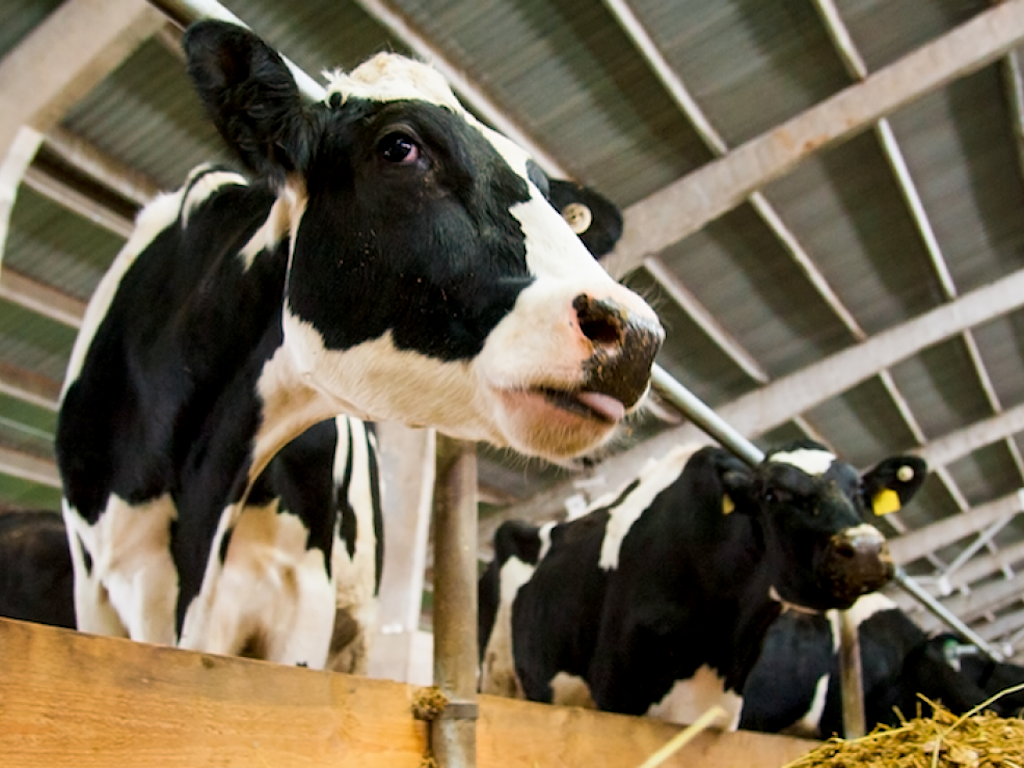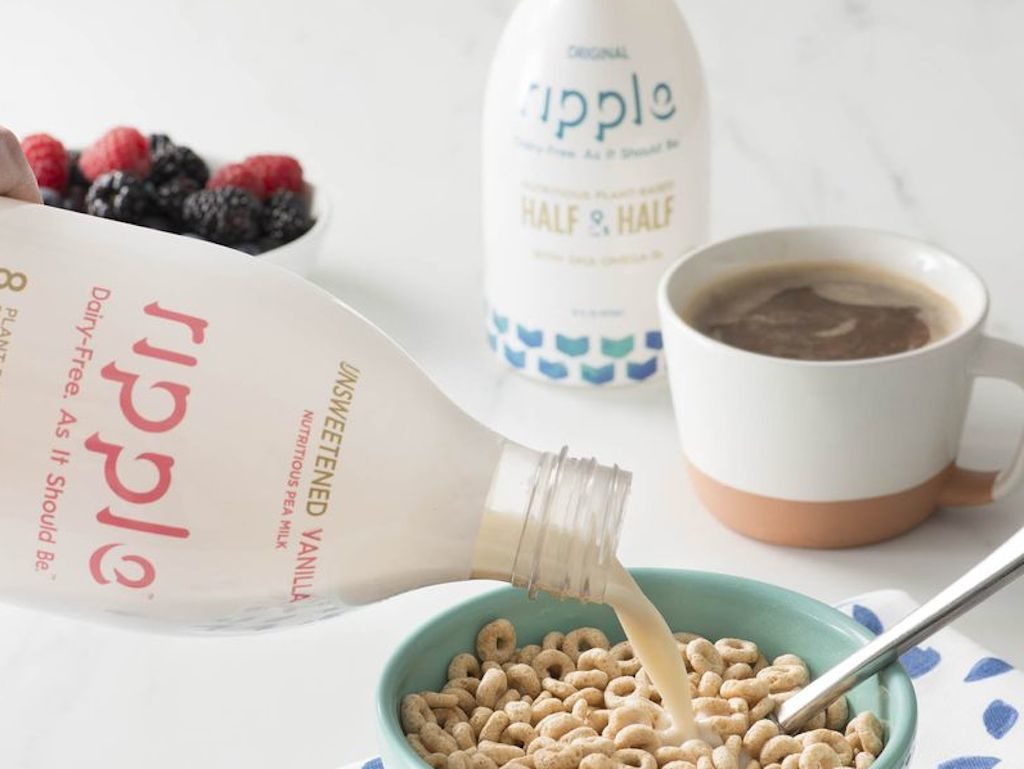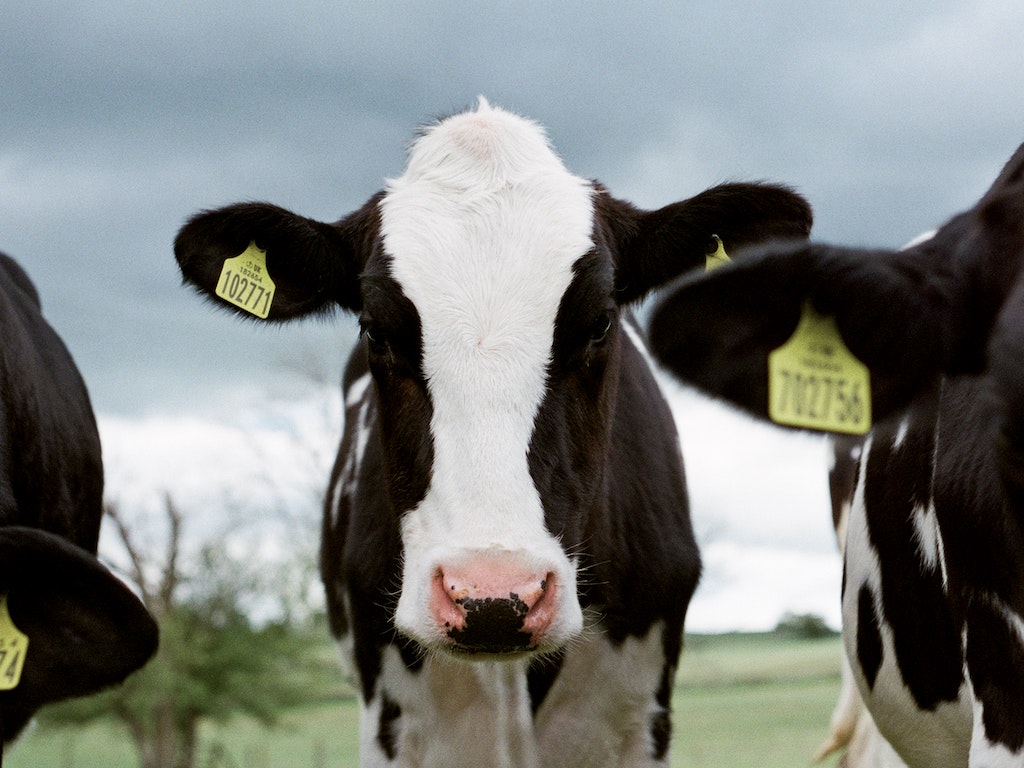3 Mins Read
Dairy farmers are now in the midst of an existential crisis as the coronavirus continues to wreak havoc on the industry while consumers keep shifting to plant-based alternatives. Even with billions of dollars provided by stimulus packages, analysts say that key global exporters of dairy will still be facing major declines in demand that producers are unlikely to weather through.
Amidst the coronavirus supply chain breakdown and slashed demand as a result of lockdown measures that have kept food establishments firmly shut, dairy farms around the world are slowing down output, selling off cows and even dumpling gallons of milk despite surging demand in food banks.
According to the National Milk Producers Federation in the U.S., even with stimulus cash providing relief for dairy farmers, many won’t be able to withstand the projected contraction. Similar declines are forecasted for other major dairy producers and exporters, including Australia and Europe.
“We could be in the ditch in three to six months,” Matt Gould, editor at Dairy & Food Market Analyst Inc., told Bloomberg.
But the US$700 billion dollar industry isn’t plunging into crisis due to the coronavirus pandemic alone. For the last few years, demand for dairy milk has been on the steady decline as consumers opt for plant-based alternatives as a result of greater environmental awareness.

According to analysts at non-profit organisation GRAIN, the top ten of the world’s biggest dairy corporations are responsible for generating enough carbon emissions to match half of France’s total carbon output. Aside from greenhouse gas emissions, dairy farming depletes the soil of nutrients, contributes to water pollution and is inefficient in land-use.
In 2019, U.S. herds saw a 9% drop in sales and the two biggest dairy producers in the country fell into bankruptcy. Meanwhile, 500 dairy farmers in Australia exited the industry altogether and New Zealand’s Fonterra, the biggest dairy exporter in the world, reported its second consecutive year of losses.
What coronavirus lockdowns did was speed up the industry’s decline. As restaurants and cafés shuttered, much of the demand for cheese, butter and milk disappeared, forcing the remainder of dairy farmers to dump hundreds of millions of pounds of milk and attempt to weather the storm.
Speaking to Bloomberg, Tony Sarsam, the CEO of the bankrupt Borden Dairy, thinks that it’s unlikely dairy farmers will be able to make it through in the long-term. “How fresh fluid milk becomes a staple again remains to be seen,” said Sarsam.
“It’s not going to be solved with a government program,” he added. “Consumers want new ideas, indulgent foods, healthy choices and convenience — and the dairy industry has a lot of work to do there.”

The data projected for the fast-growing plant-based industry backs Sarsam’s predictions. According to SPINS data commissioned by nonprofit Good Food Institute (GFI), while traditional dairy took a tumble, sales of plant-based cheese had grown 18% in 2019 to reach US$190 million. A more recent Transparency Market Research report estimates that the sector will hit US$7 billion by 2030.
Investors are taking note and pumping capital into plant-based dairy alternatives, even during the market volatility caused by the pandemic. Last month, vegan cheese brand Good Planet Foods closed a US$12 million Series A, while Chinese confectionery firm Multizen backed pea milk startup Ripple Foods.
Cell-based alternatives for dairy have also garnered greater attention from investors, with Singapore-based lab-grown milk startup TurtleTree Labs scoring US$3.2 million in seed funding in the same month.
Similarly dire predictions for the meat industry have been made as of late amid slaughterhouse outbreaks, the inhumane culling of livestock, propped up prices and supermarket shortages that have triggered the biggest decline in global meat consumption in decades. In a recent interview, the CEO and founder of plant-based food tech leader Impossible Foods suggested that conventional meat could be wiped out within just 15 years.
Lead image courtesy of Unsplash.




